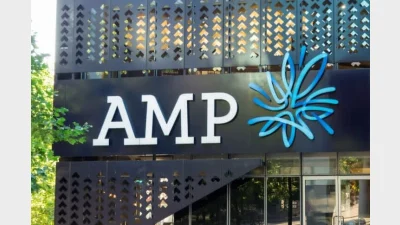(November-2003) Stand up and be counted
Super funds applying for an Australian Financial Services Licence (AFSL) are making a common mistake. According to Australian Securities and Investments Commission (ASIC) director of financial services regulation licensing, Pauline Vamos, many are not nominating a trustee who will take responsibility for the licence.
“We cannot accept this,” says Vamos, who adds “Having a Financial Services Reform Act (FSRA) licence is very much like the responsibilities under the Superannuation Industry (Supervision) (SIS) Act 1993.”
She says at least one trustee must be a responsible officer, and must take responsibility for meeting the compliance requirements of the licence, even if the fund does outsource some of its activities to a third party service provider.
This trustee will have to oversee areas like annual reporting, monitoring third party service providers and Product Disclosure Statements (PDS).
Vamos adds: “That trustee must understand the FSRA. He or she doesn’t have to do a big course, but they must show us that they have undertaken some sort of study and that they understand the obligations of the licence… We don’t assess trustees on their credibility, but on their ability to accept their licensing obligations.
“Trustees also need to understand what they are getting the licence for. They are not getting it to operate the fund. That’s what the Australian Prudential Regulation Authority (APRA) licence is for... Most funds have dealing exceptions and can just apply for an advice licence.”
Vamos says there are many avenues that trustees can take to get the training they need to meet their licensing requirements, including attending seminars or short courses. “They have to achieve the knowledge in the best way for them and then tell ASIC what they have done in their application,” she says.
She adds that the delays experienced in receiving AFSL applications are mainly the result of super funds determining whether in fact they provide advice. “A lot have adjusted what they do to not provide advice. But most trustees are looking for a very limited licence. It’s not a hugely complex thing.”
And for those that have left making an application a bit late, the message is: Don’t panic! Vamos says if trustees get their applications in before December, they should be alright.
However, Vanessa Hall, the founder and head of Entente (formerly known as Thompson Hall), warns that super funds “are pushing it if they are only starting now”. “It’s a good six to eight week process and then they still have to lodge the application with ASIC, after which it could take around two months to get approval from ASIC.
“We are now getting lots of questions from ASIC. ASIC is requesting extra information or more clarification on things. And it is particularly picking up on the issue of experience or qualifications of responsible officers.”
But she adds that ASIC has been good at putting out lots of information. “The issue is not what trustees need to do. The issue is absorbing it all. Many are saying ‘I could probably do it myself but I don’t have the time’. The volume of information is the biggest thing.”
Recommended for you
The super fund is open to the idea of using crypto ETFs to invest in the asset class, but says there are important compliance checks to tick off first.
ASIC has launched civil penalty proceedings in the Federal Court against one of the super trustees wrapped up in the Shield Master Fund failure.
Industry associations have welcomed the Treasurer’s review into the superannuation performance test and called for targeted changes that would enable investment in certain assets with strong long-term performance.
Super funds are strengthening systems and modelling member benefits ahead of payday super.











